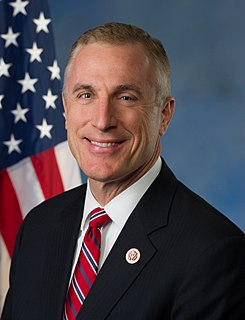A Quote by Michael Pollan
I think that the American diet is a very large part of the reason we're spending 2.3 trillion dollar per year on health care in this country. 75% of that money goes to treat chronic diseases, preventable chronic diseases, most of those are linked to diet.
Related Quotes
...There's a lot of money in the Western diet. The more you process any food, the more profitable it becomes. The healthcare industry makes more money treating chronic diseases (which account for three quarters of the $2 trillion plus we spend each year on health care in this country) than preventing them.
The quality of health care in Germany is not as good as people sometimes believe it to be. We have problems with chronic diseases. The German system allows too many hospitals and specialists to treat chronic diseases. We do not have enough volume in many institutions to deliver good quality, and we do have fairly strict separations ... between primary physicians, office specialists and hospital specialists. But I think the quality problems can be solved in the next couple of years, and we have made major progress in diabetes, coronary artery disease and pulmonary disease care.
Following an anti-inflammato ry diet can help counteract the chronic inflammation that is a root cause of many serious diseases, including those that become more frequent as people age. It is a way of selecting and preparing foods based on science that can help people achieve and maintain optimum health over their lifetime.


































